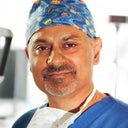This is a very common question we receive from patients researching aesthetic surgery options. The price differences between Western countries and cities like Prague or Istanbul don’t necessarily reflect lower quality. In fact, these cities have become major hubs for medical tourism. Here are the key reasons:




